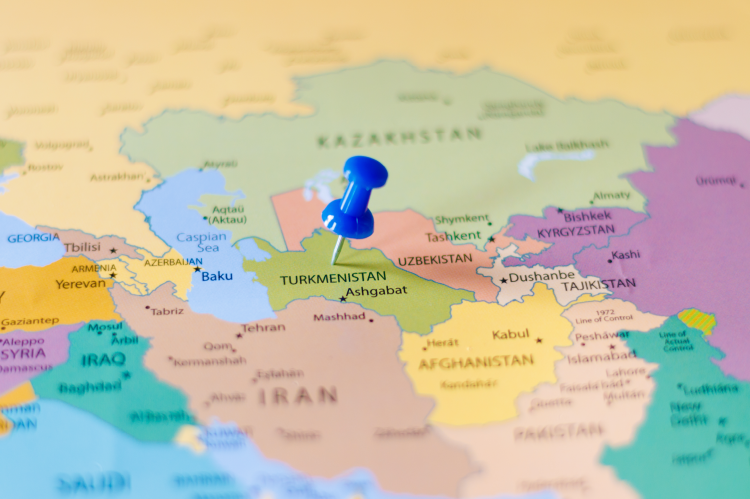Turkmenistan Revives Trans-Caspian Gas Pipeline Prospect to Send Gas to Europe

Turkmenistan has revisited the prospect of constructing a Trans-Caspian pipeline connecting its extensive gas fields to the European market to plug the gap left by Russian gas supplies to the Western nations.
The concept of the Trans-Caspian Gas Pipeline, which would link Turkmenistan to Europe, has been under discussion since the 1990s but has faced persistent challenges in implementation.
Addressing an energy forum in the capital city, Ashgabat, Turkmen leader Serdar Berdymukhamedov announced his country's renewed interest in launching new energy projects, including the ambitious Trans-Caspian gas pipeline.
Boasting the world's fourth-largest natural gas reserves, Turkmenistan envisions the pipeline as a promising venture for supplying natural gas to European countries.
The proposed pipeline, which would run beneath the Caspian Sea to connect with an existing terminal in Turkey, has encountered opposition from Russia, a formidable competitor in the global energy market as well and concerns over the pipeline's cost-effectiveness have also played a role in delaying its development.
Turkmenistan has traditionally channelled most of its gas exports to China. However, in light of ongoing conflicts in Ukraine and the desire of European countries to reduce their reliance on Russian gas, Turkmenistan has begun exploring the possibility of diversifying its gas export destinations.
The revival of the Trans-Caspian Gas Pipeline project underscores the shifting dynamics in the global energy landscape as nations seek to secure their energy supplies and reduce dependence on a single source.
As the proposal gains momentum, it will be met with both opportunities and challenges in the evolving geopolitical and economic context.
